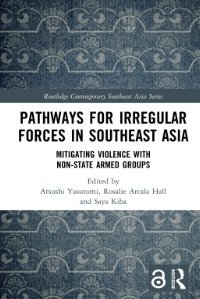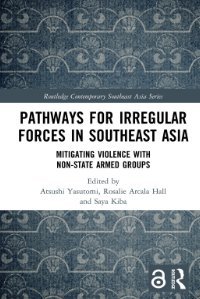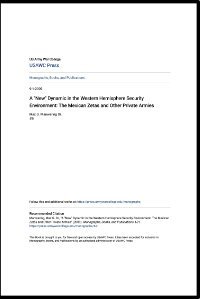Edited by Atsushi Yasutomi, Rosalie Arcala Hall, and Saya Kiba
An exploration of the roles that pro- and anti-government militias, private armed groups, vigilantes, and gangs play in local communities in the new democracies of Southeast Asia. Scholars have typically characterized irregular forces as spoilers and infiltrators in post-conflict peacebuilding processes. The contributors to this book challenge this conventional understanding of irregular forces in Southeast Asia, demonstrating that they often attract solid support from civilians and can be major contributors to the building of local security — a process by which local residents, in the absence of an effective police force, develop, partner or are at least included in the management of community crimes and other violence. They analyze irregular forces’ dealings with political actors at the community level, explaining why and how forces are incorporated in and collaborate with legitimate institutions without using violence against them. Offering a new approach to dealing with irregular forces in Southeast Asia, contributors explore new theoretical frameworks that are better suited for evaluating irregular forces’ relationship to different security providers and the political environments in the region. Specifically, they examine case studies from Indonesia, Timor-Leste, the Philippines, and Thailand. A valuable resource for researchers, students and practitioners in the areas of conflict resolution, peacebuilding, and security governance, especially those with a focus on Southeast Asia. This book will also be of great interest to scholars of the sociology and anthropology of the region.
Abington, Oxon, UK: New York: Routledge, 2022. 215p.




